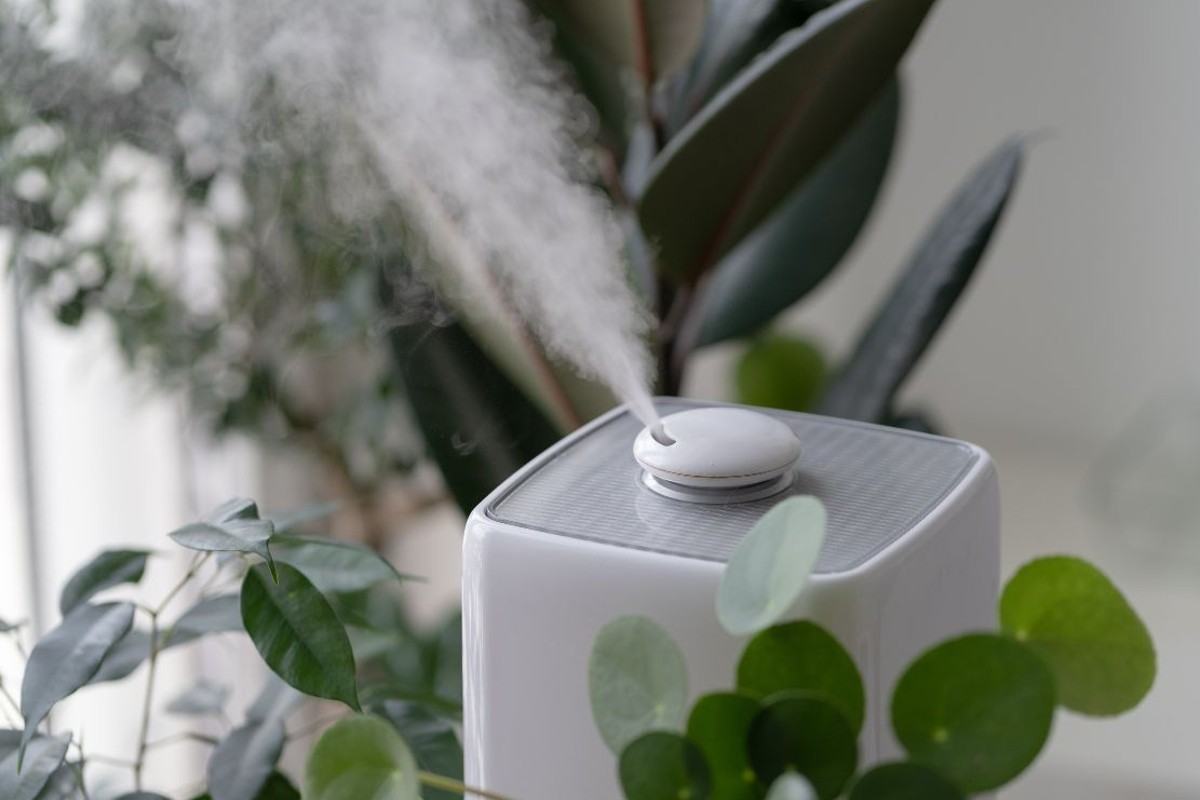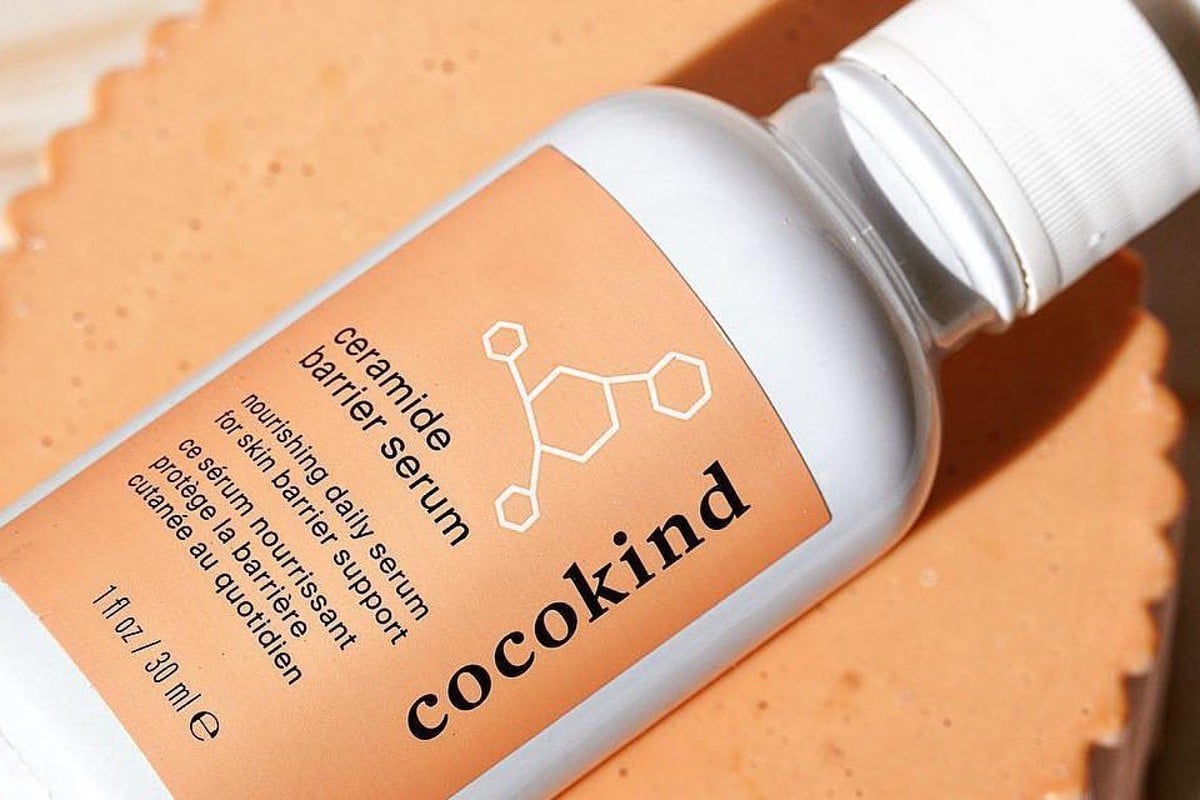Is it safe to use retinol in winter? It’s a question we’ve heard hundreds of times. Although winter can be a difficult time to use retinol due to the cold dry weather, you can still do it without putting your skin at risk. Read on to learn how to use retinol in the cold season.
Should you use retinol in winter?
There shouldn’t be a problem with using retinol in the winter months. In fact, retinol is beneficial all year round. However, how the skin reacts to the combination of retinol and cold weather can vary from person to person. How much retinol you use, how often you use it, how sensitive your skin is, and your moisturizing routine are all key to achieving the best results.
Reasons to do it
So, why consider retinol in winter? Well, it’s great for cell turnover and boosting collagen. Here’s the thing: dry air, strong winds, and cold can make your skin’s cell turnover slow. This process is how your skin sheds old cells and grows new ones. Slow turnover can make your complexion look dull and feel tight. Plus, in winter, skin often gets dehydrated, flaky, and red because it can’t retain moisture as well. Retinol solves both problems by accelerating cell renewal and stimulating the production of two key molecules involved in skin hydration: hyaluronic acid and collagen.
But that doesn’t mean retinol is for everyone, especially in the cold season. This is because retinol can temporarily weaken the skin’s protective barrier and leave it vulnerable to harsh weather. If your skin is sensitive or dry, this can turn bad for you. The good news is that you can adjust your skincare routine to increase your tolerance to retinol.
How to use retinol in winter
Skin can be more sensitive in the colder months, so it’s a good idea to reduce the concentration of retinol. If you were able to use 1% retinol in the summer, try switching to a 0.3% formula in the winter and only use it once or twice a week. If you already used retinol in the past, it’s perfectly fine to continue with the same product since your skin should already be accommodated with it. However, be mindful of how your skin reacts to the combination of retinol and the winter weather. If you notice dryness or irritation, consider switching to a lower-strength retinol.
After applying retinol, use a night cream formulated to strengthen the skin’s barrier. Look for ingredients like ceramides, cholesterol, and fatty acids. For daytime, choose a lighter moisturizer with ingredients like Centella asiatica and niacinamide. They work to restore the skin’s barrier and provide just the right amount of lightweight moisture without weighing down the skin.
Also, be careful with your choice of cleansers and other skincare products. Avoid those containing fragrances, alcohol, and sulfates while using retinol, as they can be harsh on your skin. And don’t forget about sunscreen. Even in winter, it’s important to protect your skin from UV radiation, as retinol can increase your skin’s sensitivity to the sun.
The takeaway
Whether or not using retinol in the winter is a good idea depends on how your skin handles it. If your skin responds well to retinol, feel free to use it. But if you find it too harsh, consider milder products with less retinol, reduce the frequency of application, or maybe take a break from retinol altogether. Remember that if retinol consistently leads to redness and irritation, it’s not doing your skin any good. Your skincare should feel good and do good for your skin, not the other way around.





